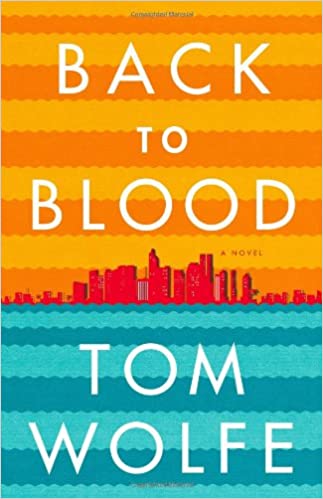“Well-written, meticulously researched and thought-out, Sea Changes, Derek Turner’s first novel, succeeds mightily in bringing to life the prototypical players in the Western tragedy that is mass migration. The reader becomes intimately au fait with the many, oft-unwitting actors in this doomed stand-off: small-town conservative folks vs. progressive city slickers; salt-of-the-earth countrymen against smug, self-satisfied left-liberals. Ever present are the ruthless traffickers in human misery: both media and smugglers. Like it or not, the dice are loaded. In this epic battle, the scrappy scofflaws and their stakeholders triumph; the locals lose.”—ILANA MERCER, Author, Into the Cannibal’s Pot: Lessons for America from Post-Apartheid South Africa, Columnist, WND & RT
I don’t read novels, other than Anita Brookner’s achingly beautiful studies in solitude. Brookner is brilliant. (And no, there is not a feminist bone in her body; she writes about the impact of a vanishing Britain on the already lonely individual.) When Vladimir Nabokov, Patrick White and Isaac Bashevis Singer stopped writing—on account of shuffling off this mortal coil—I stopped reading novels. Almost everything written by today’s writers is stream-of-consciousness nonsense. (A careful guardian of the English language Tom Wolfe is not.)
If time allows, I may explore V.S. Naipaul; I like the way his mind works. But so long as Toynbee’s A Study of History (abridged) and Murray’s Human Accomplishment lie on my bed unfinished (and so many others languish in my library unread), Naipaul will have to wait.
Nevertheless, I not only read Derek Turner’s Sea Changes, I provided advance praise for the book. It’s that good. Read it.

